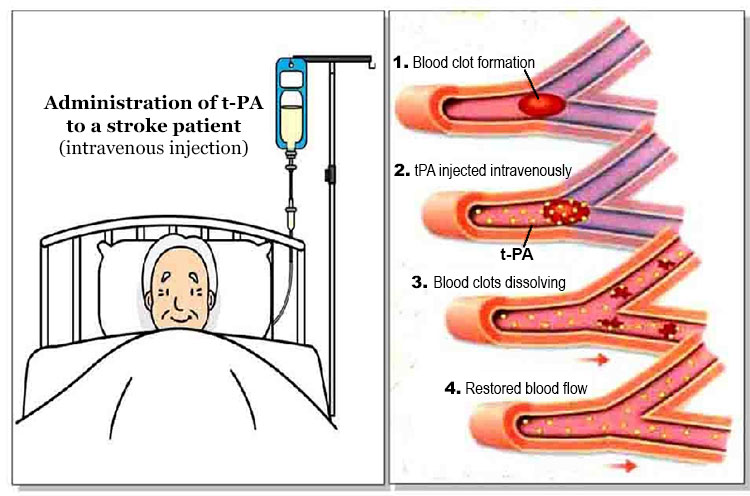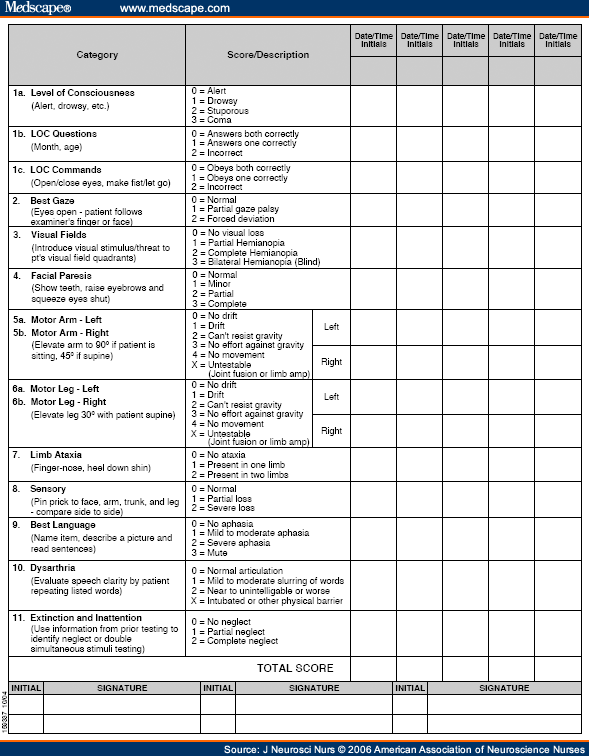 |
| Pic from https://www.drivenow.com.au/blog/five-jacaranda-hot-spots-in-nsw/ |
I sat down on Friday with every intention of writing a protocol. I got bogged down on a small detail, something that my husband says happens to him in his work as well. I wanted to start my protocol off with a stat that I just know. Do you think I could find a reference for it? Nope.I thought I knew where to find it, but the online resource had been updated, and then I got preoccupied - I wanted to make sure I had the MOST RECENT stats. Plus the fact that I'm easing back into my research meant there were a series of small tasks that distracted me about every half hour. *Oh that's right, I need to email X*. *Oh no I still haven't found out how to XYZ*. After a few hours of completing small tasks and going around in circles on this ONE stat I gave up.
I sat down today, Monday and decided to write the rest of the document, by then I remembered where I'd stored a copy of the document with the stat that is no longer available online. And I managed to stay (relatively) focused and get a very rough draft off to my supervisor.
It took way too long and I'm not entirely happy with the result. I hope this writing thing gets easier.
When compared with clinical work, I'm still finding clinical work a lot easier. Probably a good thing seeing as I've been a speech pathologist for 9 years now, but I'm still surprised at how much I'm struggling to write about speech pathology considering I have been one for that long! The thing about clinical work it that it's a lot easier to get things done, the patient is showing up for therapy at 9am. Be ready.
Perhaps tomorrow when I'm at work I'll be thinking about how I managed to get something written today in my PJs on the couch snuggled up next to our Cavoodle - writing will be more appealing.







